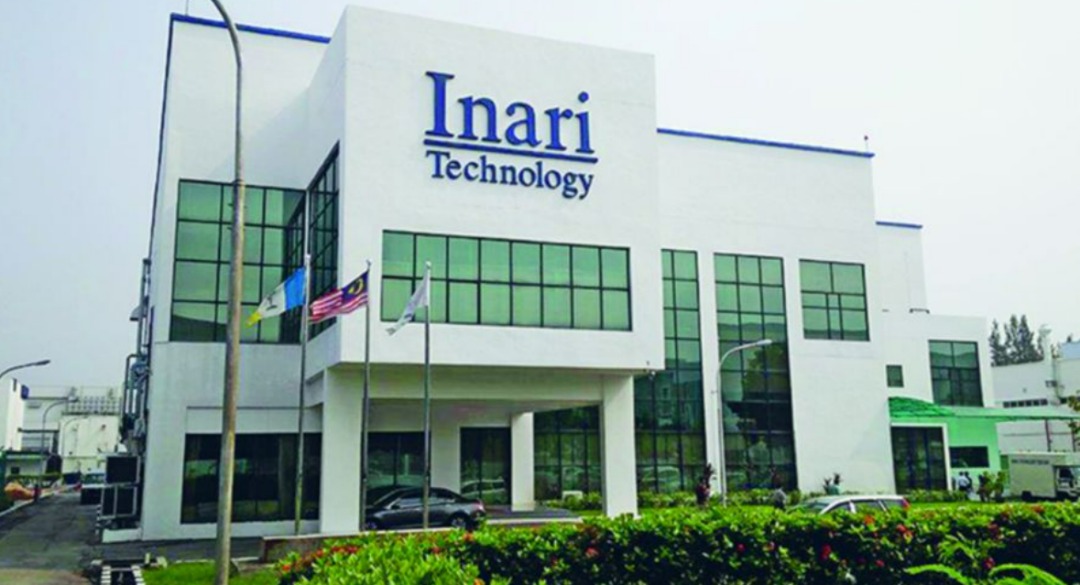DRAGGED by the aggressive global rate hikes, investors have ditched the more expensively-valued technology sector in recent times, prompting the sector’s valuation to fall more than 36% year-to-date (YTD) to the current level of 22 times earnings multiple (from circa 35 times previously).
Following the recent sell-off, PublicInvest Research is now urging investors to re-look at quality technology names with a competitive edge and strong track record.
“D&O Green Technologies Bhd and Inari Amertron Bhd stand out in this respect, remaining as our top picks given their more compelling valuations and leading positions in their respective spaces,” opined analyst Chong Hoe Leong in a technology sector update. “Meanwhile, we maintain our ‘overweight’ stance on the sector.”
Below are five major impetuses for the technology sector from PublicInvest Research’s view:
- Second Samsung battery plant in Malaysia: Samsung SDI will invest 1.7 bil won (RM5.8 bil) to build a plant for the production of cylindrical batteries in Seremban with mass production at Plant 2 to commence in 2024. The research house learnt that Samsung SDI is preparing a pilot production line of batteries in Cheonan, South Korea for Tesla before mass production of the PRiMX 21700 cylindrical batteries commences in Malaysia.
- New wafer fab for Infineon: German chipmaker, Infineon, will be building its third wafer fabrication module for US$1.8 bil (RM8 bil) in Kedah. The plant is dedicated to boost the production of wide band-gap semiconductors based on silicon carbide (SiC) and gallium nitride (GaN).
GaN chargers are rising in popularity among manufacturers as they can extract a high wattage output from a compact form factor (GaN semiconductors have 1,000 times the electron-conducting efficiency compared to silicon semiconductors) while SiC-based semiconductors are also starting to replace silicon-based solutions for high-powered equipment, thanks to better performance in terms of efficiency, size and cost.
- China’s vehicle sales rebound in June: China Association of Automobile Manufacturers reported that new vehicle sales in China surged 24% year-on-year (yoy) to 2.5 million units in June 2022 after being held back by strict lockdowns in key cities in previous months as part of Beijing’s zero-COVID policy.
China’s 1H 2022 passenger vehicle sales increased by 3.4% to 10.3 million units, driven mainly by surging new energy vehicle (NEV) sales, up 129% month-on-month (mom) to 596,000 units in June and 115% to 2.6 million units year-to-date (YTD).
- Supply chain disruptions delay TSMC’s capacity expansion: TSMC, the world’s largest contract semiconductor manufacturer which recently reported another quarter of record profits, booming sales and higher margins, is delaying its plans to expand its manufacturing capacity as it is having problems getting its hands on chip manufacturing equipment because of supply chain disruptions. Some new assembly lines that are slated for construction this year will have to wait until 2023.
- Muted impact from US Chips Act: Malaysia’s semiconductor sector is poised to see muted impact from the recently-passed US$52 bil US Chips Act. The Chips Act allocates US$39 bil tax breaks and subsidies to semiconductor companies investing in fabrication facilities (fabs) in the US and offers another US$11.2 bil for semiconductor research and development.
The new Bill will not see any impact on the Malaysian semiconductor industry as it is aimed at attracting investments for front-end fabs that are below seven-nanometer technologies which Malaysia does not produce. – July 28, 2022









